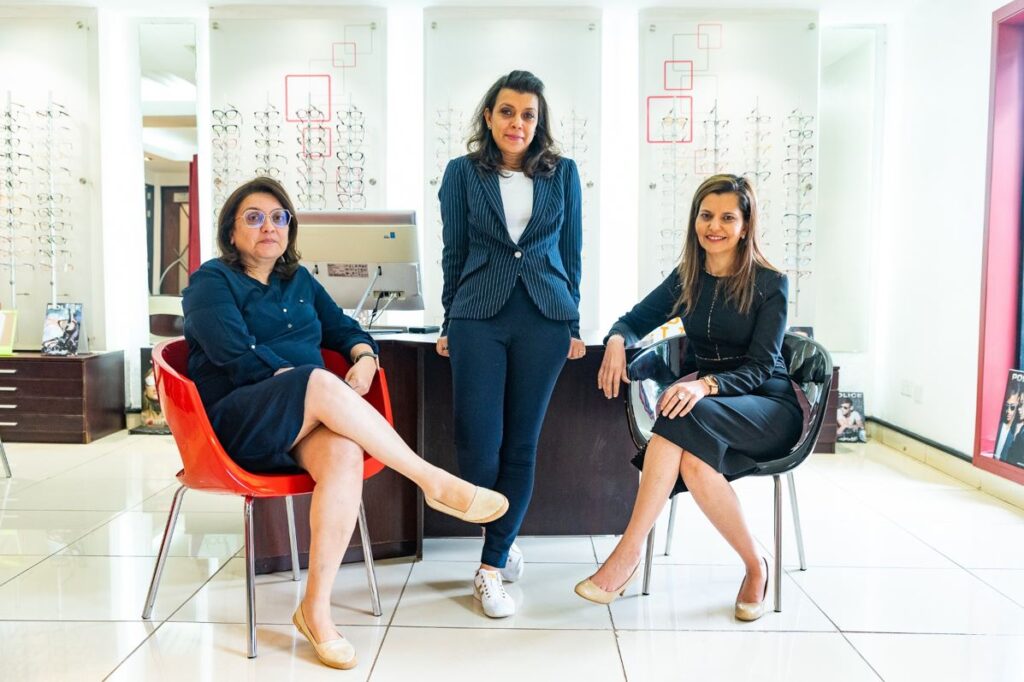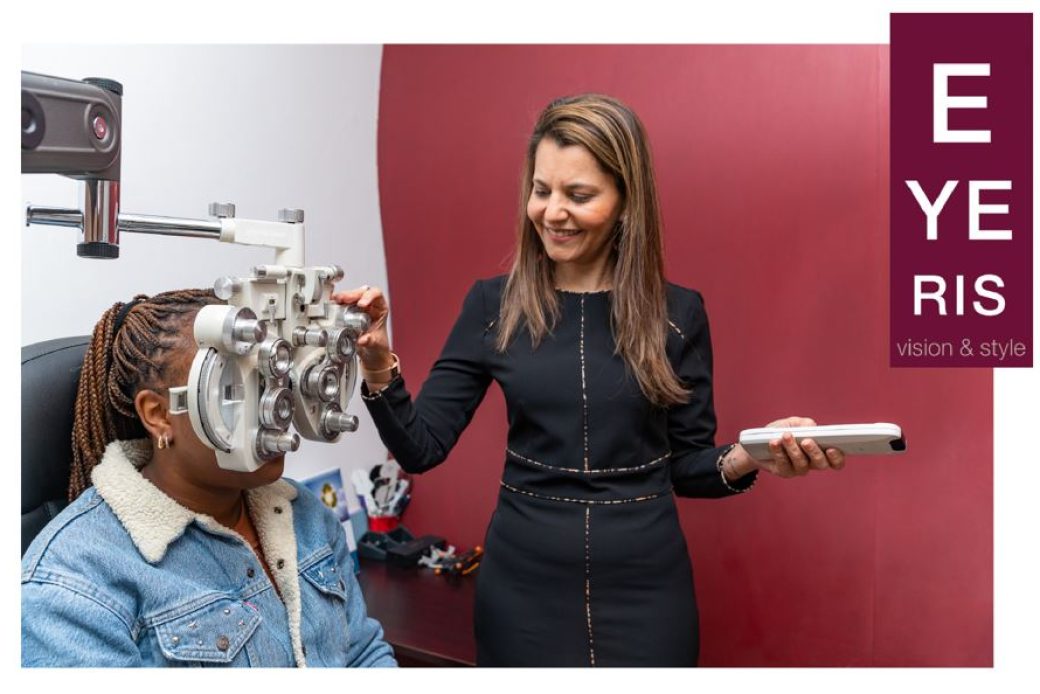Safeguard Your Vision By Seeing The Right Eye Care Professional At The Right Time
William Shakespeare said ‘The eyes are the windows to the soul’, but your next trip to the Ophthalmologist could reveal a lot about your overall health as well. Ophthalmologists often see clues in the eyes that warn of health issues elsewhere in your body.
Your sight depends on seeing the right eye doctor at the right time. It’s important to take care of your eyes, even if you don’t wear glasses or contact lenses. Regular exams help detect eye diseases early and preserve your vision.
When it’s time to ”get your eyes checked,” make sure you are seeing the right eye care professional for your needs. Ophthalmologists, Optometrists, and Dispensing Opticians each play an important role in providing different types of eye care. But the levels of training and expertise are quite different for each type of practitioner. Here’s a quick look at the three types of eye care providers:
OPHTHALMOLOGIST
An Ophthalmologist is licensed to practice medicine and surgery. An Ophthalmologist diagnoses and treats all eye diseases, and performs eye surgery. Many ophthalmologists are also involved in scientific research on the causes and cures of eye diseases and vision disorders.
OPTOMETRIST
An Optometrist is NOT a medical doctor. Optometrists are professionals who provide primary vision care. They are licensed to practice Optometry, which primarily involves performing eye exams and vision tests, prescribing and dispensing corrective lenses, detecting certain eye abnormalities, and prescribing medications for certain eye conditions.
Have you ever wondered what your Optometrist is actually doing during an eye examination?
- Patients who are having a general eye examination should be asked by the Optometrist for a general medical history, any previous eye problems or any other issues like headaches or eyestrain.
- The patient will be asked if they have any close relatives with eye problems
- Background information is gathered on any medication the patient might be taking as well as questions about the type of work, occupation, hobbies and sports activities.
- Following this, the eyes are checked for refractive errors and a visual acuity test is carried out to evaluate the eyesight.
- If he/she is a thorough Optometrist, they will also test the coordination of the patient’s eyes and may include tests to check colour vision and a stereopsis test (ability to see in 3-D).
- A good Optometrist will also be interested in the surface of the eyes, the eyelids, and the surrounding skin.
- A slit lamp examination involves a device that lights up and enlarges the front of your eye to reveal the cornea, iris, lens, and back of your eyes.
- An Ophthalmoscope is used to reveal the back of the eyes, including the retina, blood vessels, optic nerve, and the fluid in the back of the eyes. Sometimes it may be necessary to dilate the pupils first.
- This part of the examination is very important. Optometrists detect diseases related to the eyes such as glaucoma, macular degeneration, and other diseases that are associated with eye functions such as diabetes and hypertension. If irregularities persist in the detection, the patient is subjected to further special tests.
- If required, spectacles or contact lenses are prescribed, in order to attain the proper vision.
Optometrists who are professionals in handling contact lenses for abnormally shaped corneas (keratoconus, or grafts) can also prescribe special contact lenses like toric, gas permeable, scleral, and varifocal lenses for patients. - Some Optometrists specialize in providing low-vision aids and vision therapy.
DISPENSING OPTICIAN
Dispensing Opticians are technicians trained to design, verify and help you choose the best spectacle lenses and frames for you. They use prescriptions supplied by Ophthalmologists or Optometrists, but DO NOT test vision or write prescriptions for visual correction. Dispensing Opticians are NOT permitted to diagnose or treat eye diseases
They also:
- Adjust and repair spectacles
- They are trained to take measurements of the face to fit corrective lenses.
- Dispensing Opticians help in deciding which type of lenses and frames will work best, functionally and aesthetically.
- Part of their job description is also ordering and checking products, including contacts and spectacle lenses.
- If you have any of the following symptoms, make an appointment as soon as possible:
- Eye pain
- Blurred vision or double vision
- Circles that look like halos around lights
- Red, irritated eyes
- Floaters — specks that float before your eyes
- Flashes of light
In all the tests should take around 30 minutes – it could be the most important half an hour of your life
EYERIS – Examination


EYERIS – Professional Testing Equipment & Instruments


Book A Consultation Today
Mobile: +254 718 181 000 | +254 735 181 000
Email: info@eyeris.co.ke

Eyeris The Optometrists
EYERIS always aims at exceeding expectations. When you become a patient of this practice, the health of your eyes will be their first concern, the second being to get the best possible visual performance for all your lifestyle needs.


Meet The Team
With a team of optometrists and dispensing opticians who specialize in visual correction and thorough care of the eyes, Eyeris has the latest techniques and equipment used in examining and safeguarding one’s sight.

Vision and Style being their driving words, EYERIS is committed to setting a standard of excellence. The practice prides itself with the latest advances in eye health care practices having an array of the most up-to-date vision care technology.
Some of the services and products include routine eye examinations for persons of all ages; thorough retinal examination using advanced technology; dispensing of spectacles by professionals who will advise you on the choice of the frame with comfort and cosmesis in mind; designer and budget eyewear; contact lens fitting, including specialized lenses for astigmatism and keratoconus and low visual aids.
Visit Us At Harmony Centre, 43 General Mathenge Drive, Westlands
CLICK HERE for Directions
Contact us for consultation
Mobile: +254 718 181 000 | +254 735 181 000
Email: info@eyeris.co.ke
Follow us on Social Media





